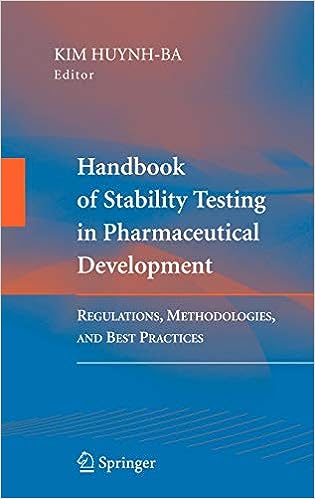Stability testing of biologics presents unique challenges and considerations due to the complex nature of these therapeutic products. Biologics, including proteins, monoclonal antibodies, and nucleic acids, require specialized approaches to assess their stability, potency, and safety over time.
Challenges in Biologics Stability Testing
Several challenges differentiate stability testing of biologics from small molecule drugs:
- Complex Structure: Biologics have intricate three-dimensional structures that are essential for their biological activity. Maintaining the native conformation and stability of these structures during storage and handling is critical.
- Post-Translational Modifications (PTMs): Biologics are prone to PTMs, such as glycosylation, phosphorylation, and deamidation, which can impact stability, efficacy, and immunogenicity.
- Aggregation
Considerations in Biologics Stability Testing
Key considerations for conducting stability testing of biologics include:
- Specialized Analytical Techniques: Utilizing advanced analytical methods, such as mass spectrometry, size-exclusion chromatography, and bioassays, to characterize protein structure, detect degradation products, and assess biological activity.
- Stability-Indicating Assays: Developing assays that can detect subtle changes in biologic stability, including modifications in structure, aggregation state, and biological function.
- Stress Testing: Performing stress testing under conditions that accelerate degradation pathways, such as elevated temperature, pH extremes, and exposure to light, to predict long-term stability and identify degradation mechanisms.
- Long-Term Studies: Conducting long-term stability studies to assess the stability profile of biologics over their intended shelf life, considering factors such as storage conditions, container-closure systems, and handling procedures.
- Regulatory Compliance: Ensuring compliance with regulatory guidelines, such as those provided by the International Council for Harmonisation (ICH), for stability testing of biologics, including validation of analytical methods and submission of stability data in regulatory filings.
Conclusion
Stability testing of biologics presents unique challenges and considerations due to their complex structure, sensitivity to degradation, and potential for immunogenicity. By employing specialized approaches, analytical techniques, and regulatory compliance, pharmaceutical companies can ensure the safety, efficacy, and quality of biologic products throughout their lifecycle, ultimately benefiting patients and healthcare providers worldwide.
